Restart from the Fleet Activity
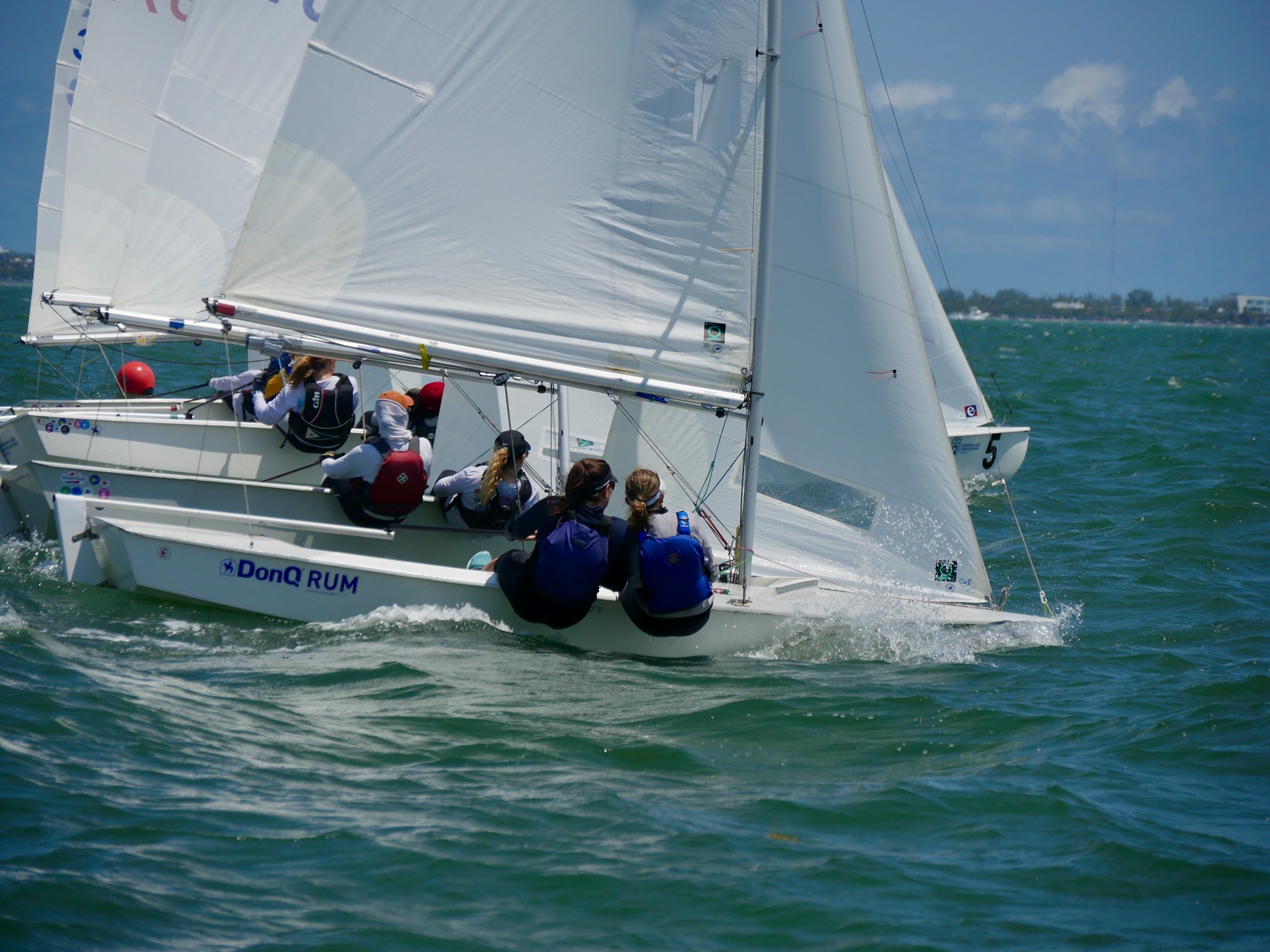

By Pietro Fantoni
More or less all regattas have been canceled due to the Coronavirus. The exceptions are very few. In some countries, such as Italy and Spain, any outdoor activity is not allowed. Staying at home is the rule and going out is only possible in limited cases (essential work activities, buying food or medicines). So, in this lockdown period, not only aren’t there any regattas, but it is also not possible to practice any outdoor sporting activity or even go out by boat (at least in my country).
Global Scenarios
Better to be realistic. According to the scientists and virology experts there can be basically four scenarios (source: Coronavirus, perché quando sarà finita non torneremo subito alla normalità – Article in Italian: Il Sole 24 Ore- MT Island)
First scenario: the virus disappears
Respiratory viruses occasionally behave like this: it happened for SARS, and also for the Spanish flu, which disappeared in a week for no apparent reason. It will take us some time to be sure and declare the “all clear”, but this is obviously the most favorable scenario.
Second scenario: the virus becomes endemic
That is, it could circulate freely all over the world, living with human beings without giving particular problems: behaving more or less, therefore, as the other Coronaviruses already do, which are responsible for about 25% of our colds. Here too we would take a while to understand that the evolution has gone in this direction, but it is all in all a favorable hypothesis because the complications given by the other four Coronaviruses (which also exist and can also cause lethal pathologies) are very limited.
Third scenario: the virus becomes seasonal
Here things start to get complicated. At first we could confuse this scenario with the first one (i.e. disappearance), unless it continues to manifest itself in other parts of the world and can be clearly associated with climatic and temperature conditions. In any case, we would see it return with the arrival of winter or late autumn, and we would have to be ready to act quickly to distinguish the very first new cases.
This scenario is less favorable than the first two, but would allow a few months to have the availability of a vaccine or a truly effective drug.
Fourth scenario: the virus slows down, but does not disappear
This is the least probable hypothesis if we consider every single country as a closed cluster, but it could become realistic due to the so-called “return infections.”
In this hypothesis, the virus does not become endemic, a kind of annoying travel companion, but continues to cause serious illnesses on a much smaller scale than today. We may have small outbreaks, often triggered by the return infections just described, which must be immediately delimited to avoid another epidemic. Knowing the risk, it will be easier to act.
The consequences depending on the scenarios:
First and second cases: it will take some time to declare the virus officially disappeared, as well as to have the certainty of its transformation towards an endemic form. Moreover, it will be hard to differentiate between the first scenario (disappearance) and the third (the virus becomes seasonal). To be able to say that it has truly disappeared, we will have to be sure it is not coming back by waiting for a period of time exactly equal to that needed to understand if it has become seasonal. Until November-December, therefore, we cannot distinguish between the two conditions.
Fourth scenario: persistent circulation of the virus, albeit on a small scale, would have an effect diluted over time. But we would also be constantly on high alert to prevent future outbreaks.
What is realistic to assume, for all scenarios, is that the measures will be phased out gradually. For the first and second scenarios, they should be tightened and loosened based on epidemiological evidence, always maintaining a safety margin (done by the scientists, not politicians) to avoid the resumption of large-scale contagion.
And measures such as the closure of borders, or mandatory quarantine for those arriving from abroad, could also be considered in the period of time necessary to eradicate the virus worldwide.
Snipe Sailing Scenarios
These are the possible virus scenarios. So what are the consequences on our sailing activity and on regattas?
Obviously, resuming sailing and regattas is a high priority for all of us in the international Snipe family. We must hope that Snipe activities will resume as soon as possible. The risk, if too much time passes, is to lose friends, enthusiasts, competitors, members, frustrating all the promotional activity that has been carried out so far and creating the need to restart from ground zero.
We must also be realistic, though not pessimistic.
After this emergency phase, we will enter a transitional phase when our activity will still be limited. There will be limitations on international travel, limitations on movement within a state, quarantine obligations, and limitations in air transport, with many airlines in trouble or bankrupt. It is difficult to predict how long this transitional phase will last.
Then there is another aspect to consider. Depending on your country and profession, there will be big life changes for all of us (both during this emergency lockdown, and after). After the emergency, how will we be economically? There will probably be an economic boom. But after such a global slowdown we will want to work hard as well as sail, and we may not have the time or money to travel to regattas.
The positive thing is that the Snipe is cheap, lasts long, and can be towed easily with a small car on a trailer. Also the Class association is very well structured at the local level. So, paradoxically, a moment like this can be used to our advantage, not only to overcome the crisis, but also to grow in number and in quality of activity.
A possible solution: Snipe Fleet Activities
If the first imperative is to resume sailing Snipes as soon as possible, it will be necessary to limit costs and make the most of our limited time. Handled correctly, that can give a new impetus to fleet activity.
Fleet activity should not necessarily consist solely of regattas. Even a local regatta imposes costs on both the participants (fees) and the clubs (volunteers, judges, safety criteria, fuel and boats). A regatta also requires a whole series of formalities that can overwhelm those with little time, starting with registration process.
To get us sailing again while minimizing travel, costs, and lost time, an informal training session or regatta will be easier to organize and requires very little planning. We ourselves can bring the marks, set the course, and set up a rabbit start without any assistance from outside.
Conclusions
But even in such times we can’t forget our major national and international regattas, because these regattas are equally important. Perhaps for some of us it will be difficult to participate, because it will be more difficult to travel. We will have to choose which regattas we really want (and can) do: fewer major races, carefully chosen, supplemented by more local fleet activities.
The Board, Continental Secretaries, National Secretaries, and Fleet Captains should already be thinking about these scenarios and plotting the best strategic solutions – post coronavirus. Now that regattas are canceled or postponed, there are small measures that can be taken, though this will vary somewhat by country. Perhaps reducing the number of regattas on the calendar makes sense, choosing what should be rescued? Or reducing the days of racing at a Nationals? Or in small countries, consider holding a four day Nationals over 2 consecutive weekends, instead of 4 days straight.
All such solutions should be studied and evaluated. It is important to be ready for the next phase.
Meanwhile, stay healthy!
Leave a reply
Your email address will not be published. Your comment will be revised by the site if needed.

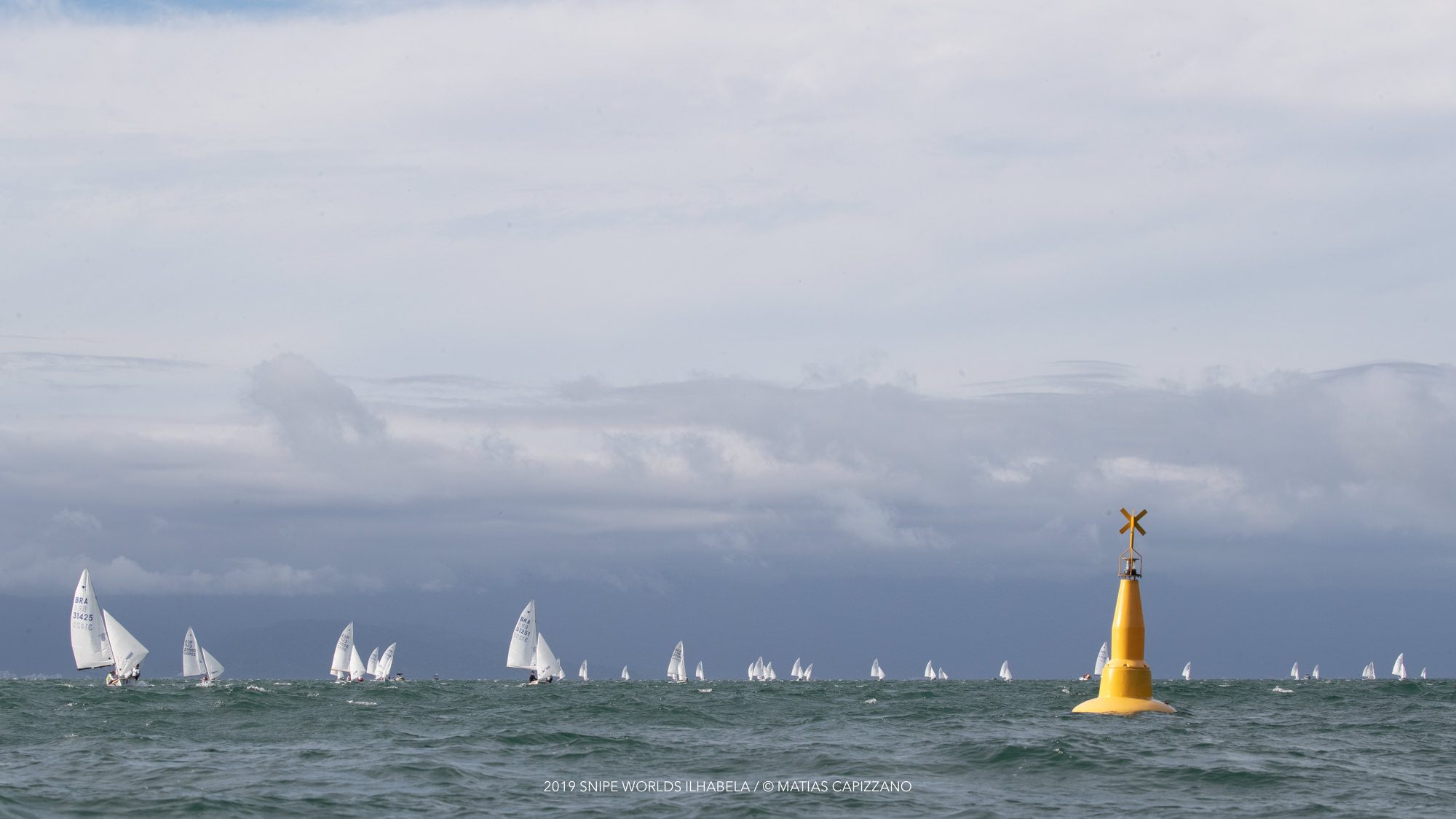
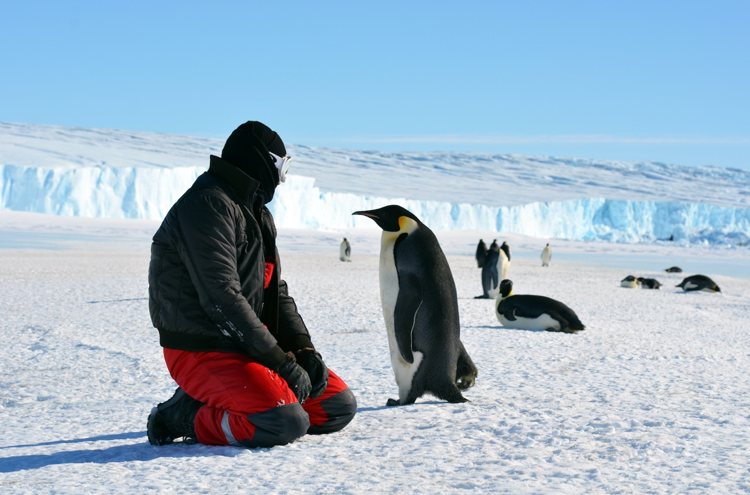
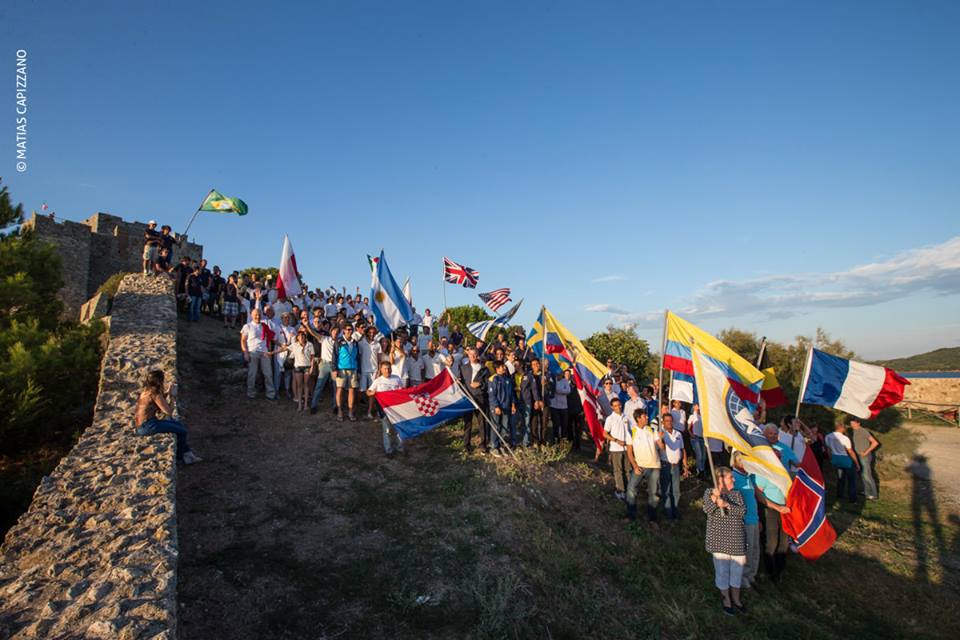
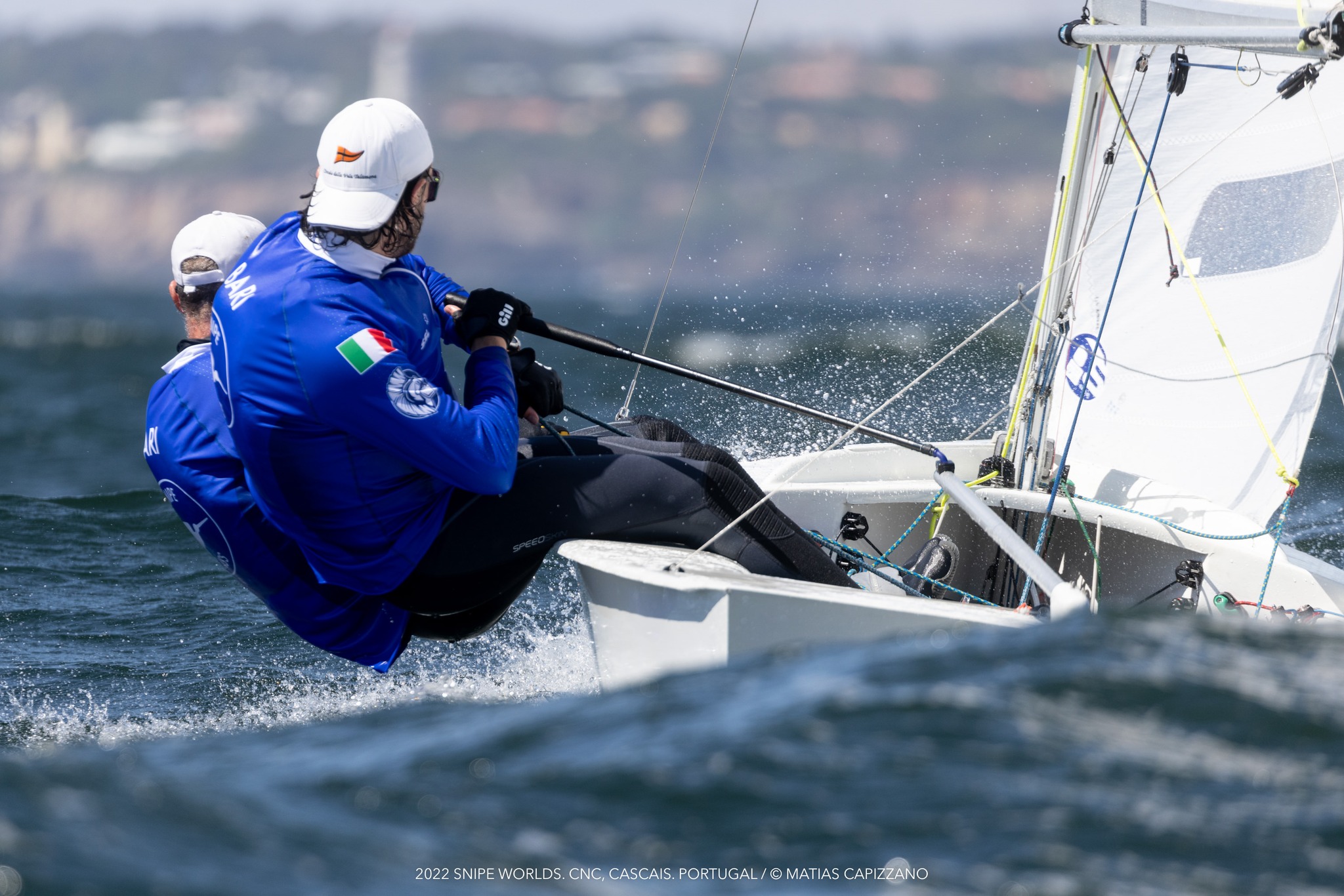
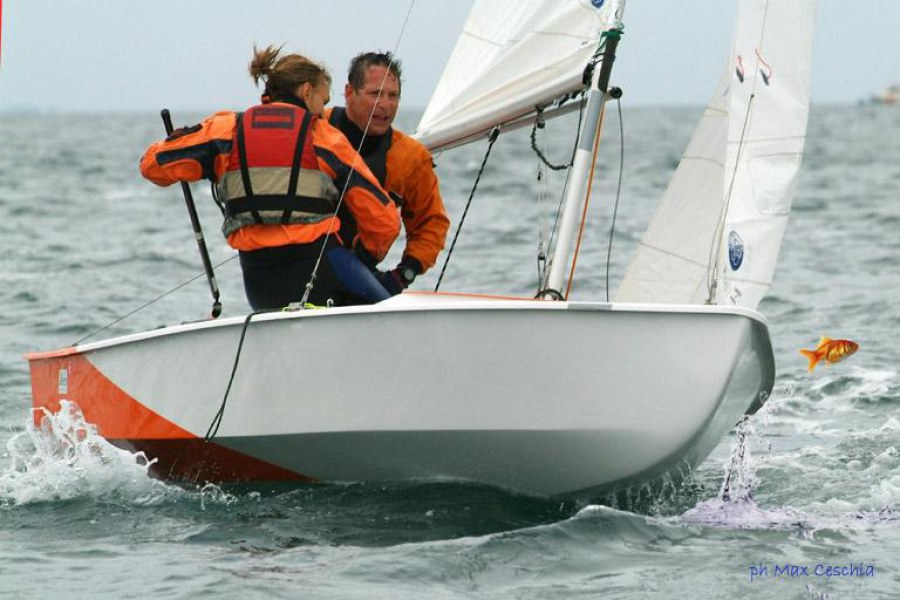
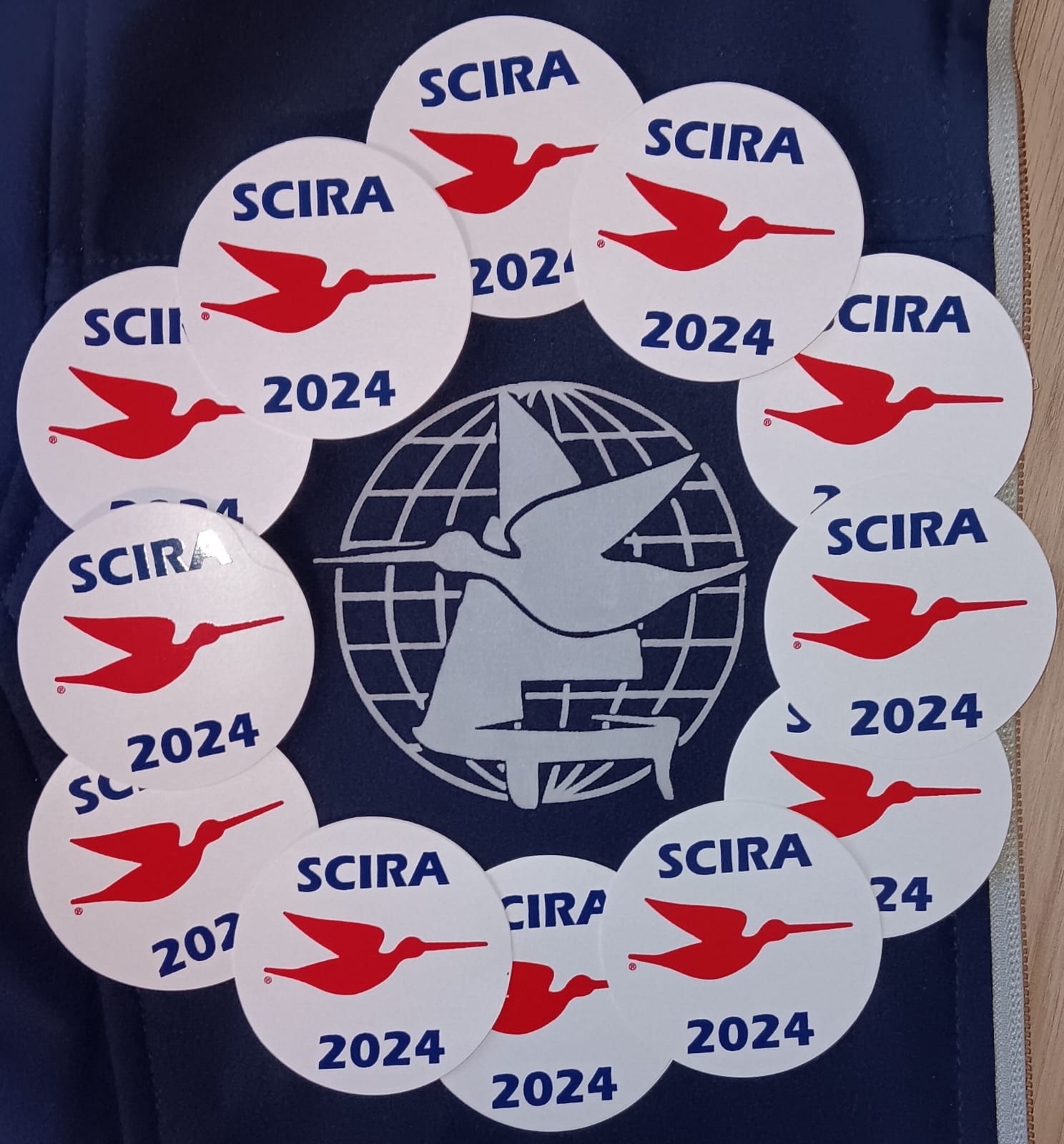
0 comments